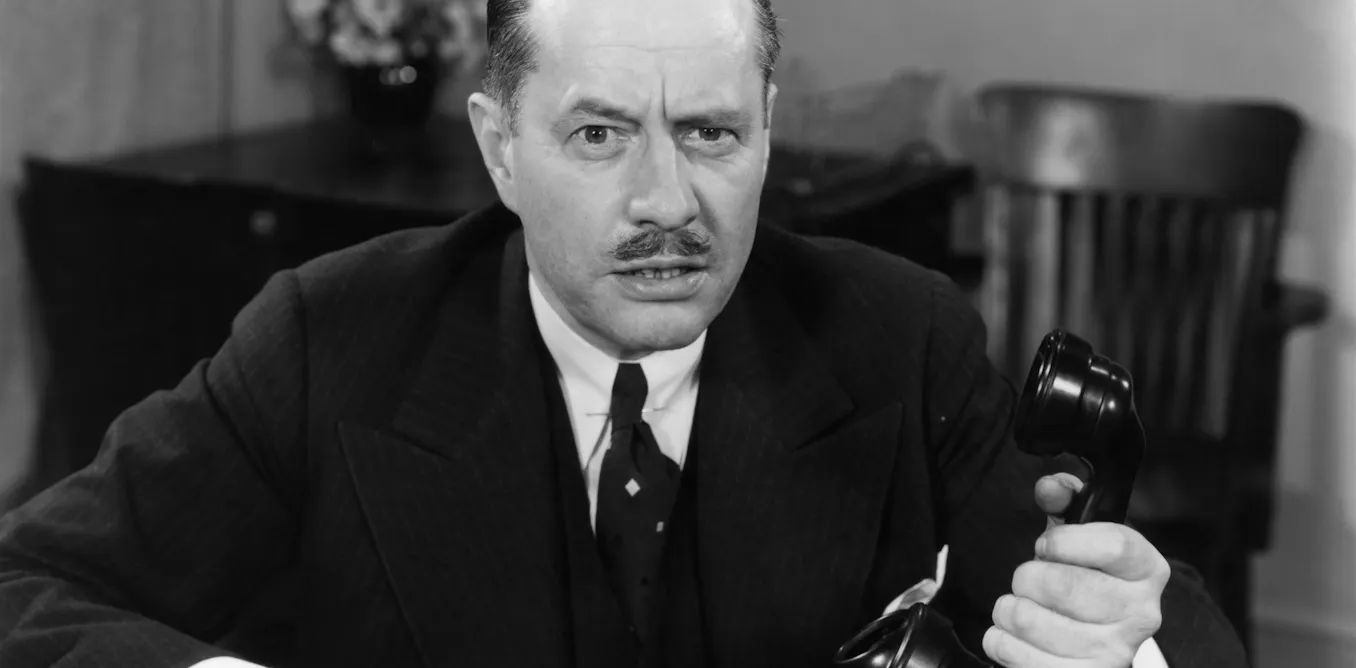Copyright The New York Times

To the Editor: Re “Thanks a Lot, Boomers” (Opinion Video, nytimes.com, Oct. 17): Like my boomer generation, the writers of this piece will learn as they age that they are not in control of all the forces that shape our economy, just as my grandparents’ generation was not in control of preventing the Great Depression. What matters is how you respond to the situation that was handed to you. Every generation is born into challenging times. For us it was the Cuban missile crisis, the civil rights movement, the Vietnam War and Watergate. How you manage as a generation is up to you. My parents did not send me to college or leave me an inheritance. I put myself through graduate school, worked multiple jobs until age 70 and put both my children through graduate school as a single parent. Do I feel bad that I was able to buy a small home at a 13 percent mortgage rate with one small bathroom we all shared and where I still live? No. I helped unionize my workplace and fought for my staff to have higher salaries. I’ve been a community activist since my teenage years, fighting for equality and opportunity for all. Not every candidate I voted for won the presidency. Now is the moment for younger people to organize and take the reins. Anita Martineau Arlington, Va. To the Editor: As a 25-year-old Gen Z-er, I reject the notion of blaming baby boomers for our nation’s present ills. All too often, our condemnation is nothing more than an excuse for apathy. Boomers were not perfect, and it is not unfair to point out their failures. But we shouldn’t ignore their many successes — extraordinary achievements in women’s rights, civil rights and environmental protection. When I attended the recent “No Kings” protest in my hometown — a college town with a median age of 29 — I was surrounded largely by people my parents’ age or older. And when I speak to my friends about our country’s authoritarian descent, the most common response is that of real but fleeting concern, followed by the conclusion that there is nothing we can do about it. Look at side-by-side photos of the “No Kings” protests and those from the Vietnam War era, and the marked generational shift is starkly apparent. Baby boomers took responsibility for their world, and now they are taking responsibility for ours, fighting for a future some of them may not live to see. For all their shortcomings, history will not remember baby boomers as apathetic. I fear that the same will not be said for Gen Z. Juliana Birkenkamp Boulder, Colo. To the Editor: Millennials and Gen Z-ers: Want to change the world for the better? How about voting? A recent Tufts University analysis showed that only 47 percent of people aged 18 to 29 voted in 2024. Now, our democracy, which boomers fought to protect for the past 60 years, is being dismantled. The civil rights, racial, gender and sexual orientation freedoms they realized are disappearing. You are complaining about a generation that created the Environmental Protection Agency, and fought to successfully enact laws guaranteeing education for children with disabilities and to ensure that women and minorities had equal to civil rights and career success. You are complaining about a generation that is leaving government service in droves — some fired, some quitting — because your generation’s low voter turnout helped elect an anti-democratic autocrat. If you are unhappy with the way things are — as boomers were when we hit voting age — then do something about it, just as we did. Stop blaming us, and start working to make positive change. Leslie Joan Millenson Chicago To the Editor: I was born in 1950, and I remember my father — a member of what we now call the Greatest Generation — telling me in the late 1970s that “the system is already stacked in favor of my generation.” He urged me to write to my representatives and be an advocate for younger families. That moment has stayed with me, because it reminds me that intergenerational imbalance didn’t begin with the baby boomers. My father’s generation helped build the structures of postwar prosperity — but by midlife, he could already see how easily prosperity can harden into privilege. So rather than blaming the boomers, I’d suggest we look more deeply at how each generation, once established, tends to protect its own advantages. The challenge isn’t to assign guilt, but to keep democracy honest — to make sure every generation sees itself as a steward, not just a beneficiary. Elsa Romanowitz Payson, Ariz. To the Editor: This is “déjà vu all over again.” Every generation seems to blame the one before it for all its problems. As a boomer myself, I can assure you — it hasn’t exactly been a bed of roses for us either. We came of age under a warmongering gerontocracy that sent nearly 60,000 of our peers to die in Vietnam. So if you’re waiting for an apology from us, we might consider it — just as soon as we get one for that. Gerald West Rancho Mirage, Calif. To the Editor: As a baby boomer, I accept the indictment. Our generation inherited a nation poised for progress, yet we buried its racial wounds beneath forced smiles and polite avoidance. School integration in the 1960s brought proximity, not understanding. We tolerated each other without building relationships, retreating into familiar circles that persist today. Vietnam deepened the divide. Black and Latino men were disproportionately drafted while others escaped through privilege. Returning veterans faced a work force riddled with implicit bias, despite promises of equality. We grinned across racial lines, pretending friendship while resentment festered. Commentators say boomers were a disaster. Worse, we may be the generation that destroyed America — not through malice, but through silence, shame and the refusal to confront our own complicity. George F. Knox Port St. Lucie, Fla. To the Editor: Blaming baby boomers for America’s problems is a divisive narrative that pits people against one another instead of confronting the real culprits — policymakers, lobbyists and the ultrawealthy who have shaped an economy that rewards concentration of power over shared prosperity. Our challenges came from decades of political and corporate decisions that eroded the middle class, weakened labor protections and prioritized short-term gains for a few over long-term stability for everyone else. Many boomers have worked just as hard and faced the same barriers as younger Americans: rising costs, shrinking safety nets and stagnant wages. The story we should be telling isn’t boomers versus millennials, but people versus power. When we scapegoat an age group, we let those truly responsible — those who write and fund the policies that deepen inequality — off the hook. Lisa Glynn Portland, Ore. To the Editor: You’re welcome! Henri P. Fischer Monroe, Wash. The Democrats’ Message To the Editor: Re “Democrats’ Ads Make Old Pitch: Stopping Trump” (front page, Oct. 19): Your reporting on the party’s lack of positive messaging brings to mind Mario Cuomo’s remark of 40 years ago that “we campaign in poetry” but “govern in prose.” Recently, Democrats have been campaigning in talking-point prose.



